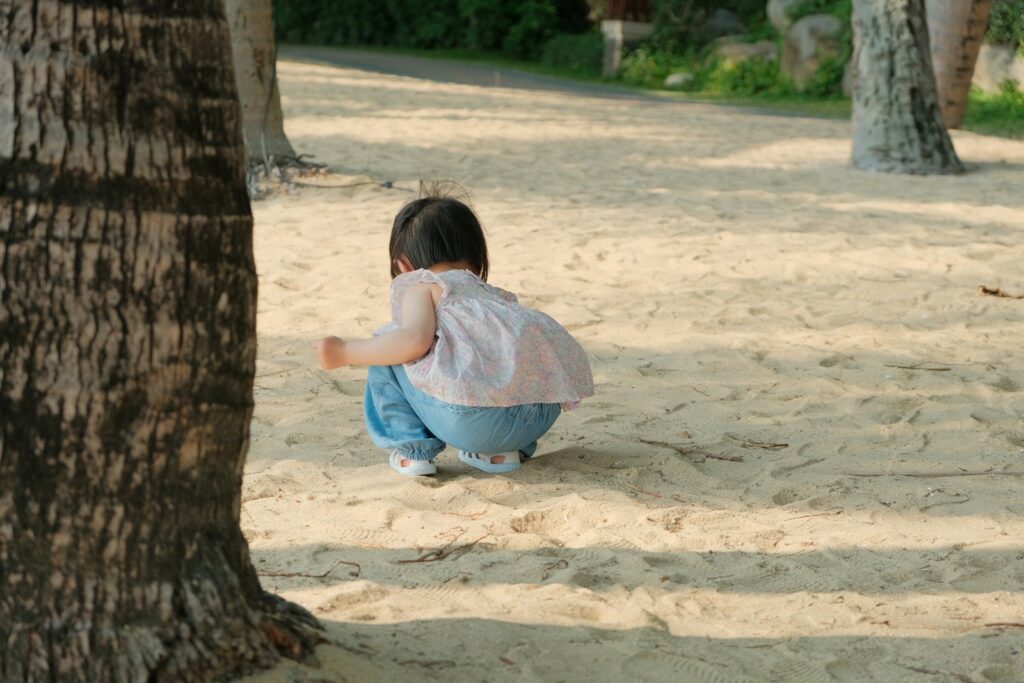How to Help Your Child Make Friends: A Guide for Supporting Shy Children
It’s tough to watch your kid stand off to the side at the playground, not quite sure how to jump in. When your child seems too nervous to speak up, it’s natural to wonder what you can do to help them make friends.
This challenge pops up a lot for shy children, whether they’re toddlers, preschoolers, or already in school. Shy kids usually need a bit more time and some gentle nudging when it comes to making connections.
As a parent, you want your child to feel happy and connected. There are some practical, realistic strategies that can make the whole “how do I help my child make friends” question a bit less overwhelming.

Why Some Children Are Naturally Shy
Not every kid bursts into a room ready to chat, and honestly, that’s fine. Some children just come into the world with quieter, more cautious personalities.
Others might have had experiences that made them a little wary of social stuff. If you want to support a shy child, the first step is understanding that shyness isn’t a problem to fix. It’s something to gently support.
Experts say about 48 percent of kids act shy at some point. With numbers like that, it’s obvious shyness is super common.
Shy kids usually just need more time to warm up. It’s not that they don’t want friends. They just need patience and the right kind of support.
If you’re thinking about how to help your child make friends, try letting go of the idea that all kids should socialize the same way. Shy kids might like small groups, familiar places, or activities where they can focus on something they enjoy while slowly opening up.
Building Confidence at Home First
Home is the best place to start when you want to help your child make friends. Kids feel safest around family.
Practicing social scenarios at home helps shy children build up the confidence they’ll need with peers. Role-playing works well. Pretend you’re another child and practice greetings like, “Hi, can I play with you?” or “Do you like this game?”
Kids who’ve practiced these conversations at home feel more ready when they’re not sure what to say in real life. Even little things, like ordering their own snack or saying “thank you” to a cashier, give children chances to use their voices.
These small moments show kids that what they say matters. Research suggests that shy children who regularly practice social skills in safe spaces are more willing to try speaking up later on.
How to Help a Shy Child Socialize in Real-World Settings
When you’re thinking about how to help a shy child socialize, it’s important to go at their speed. Big groups can overwhelm shy kids, but they often do better in smaller settings.
Try playdates with just one other child. That feels less intimidating. Invite familiar children to your home at first. Being on their own turf helps shy kids relax and be themselves.
If you head out, pick quieter times at parks or playgrounds. Fewer people means less pressure.

Patience is everything here. Social skills don’t show up overnight. They grow with small, steady steps.
Even short, regular time in social settings helps shy kids get more comfortable. One study found that kids who slowly expanded their social circles built more confidence than those who avoided social situations.
Supporting Your Shy Child’s Social Journey
Shy kids need time and space to develop at their own pace. Parents who stick with it and keep offering chances to interact help their kids build real confidence.
Every tiny wave, every quick chat, and each new experience matters. Trust your child’s timeline. Trust your support.
Looking for more ways to help your shy child connect? Just remember, every child is different. What works for one might not work for another.
Stick with it, celebrate the small wins, and try to trust the process, even when it’s slow.